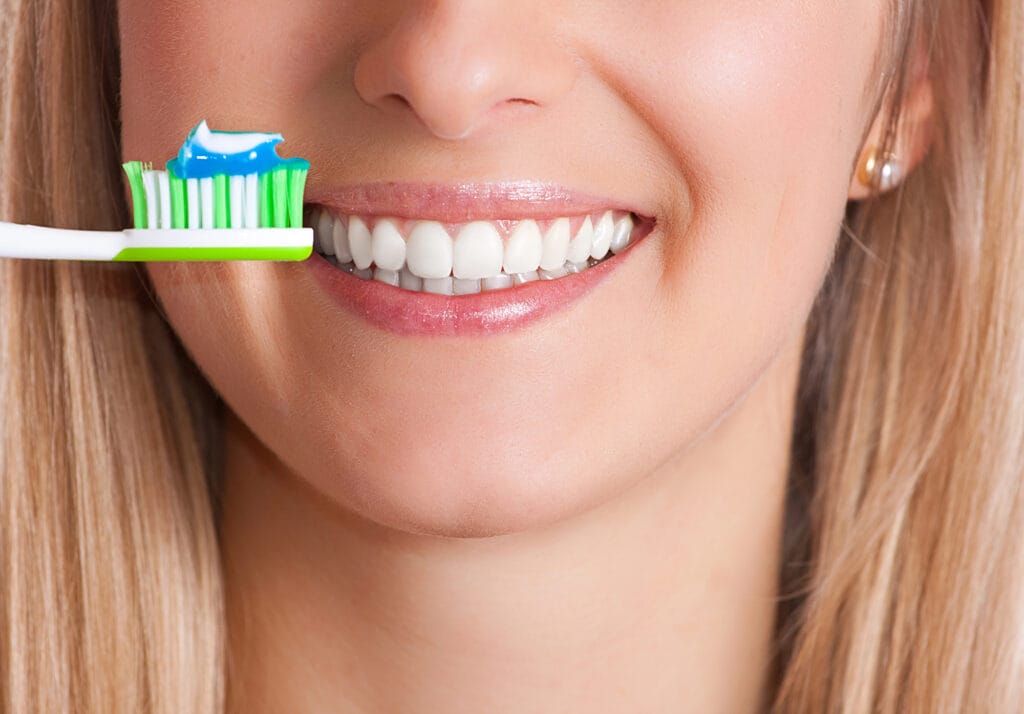Dental emergencies can be truly worrying experiences. When a tooth suddenly cracks, a filling gets knocked out, or a whole tooth falls out, it’s comforting to know that there are emergency dentists who can help restore your oral health.
Many dental emergencies, when treated promptly, can be completely reversed; teeth may reroot, fillings can be replaced, and cracks can be repaired. An ounce of prevention is always worth a pound of cure, though—this article will help you prevent dental emergencies.
There are two common causes underlying almost every dental emergency: Accidents, and oral health problems.
In the first category, accidents can lead to fractures, teeth being knocked out, abrasions to your gums and cheeks, and more. They commonly occur as a result of playing sports or engaging in other high-risk activities, in which falls and physical trauma are common.
Oral health problems, on the other hand, are much more subtle. A cavity that you couldn’t even feel can become a dental emergency if it starts causing pain. Pain from oral health problems can be debilitating—it can make it hard to work, sleep, or go about your daily activities.
Let’s address both problems—we’ll provide you with prevention tips to help with emergencies caused by physical trauma and poor oral health:


You’ve heard it before, but it bears repeating: Brush twice a day and floss every day. We highly recommend electric toothbrushes because they come with timers to ensure that you’re brushing for long enough; studies also show that electric toothbrushes do a better job of cleaning your teeth.
Flossing is a habit that less than half of Canadians do once a day. We know that getting used to flossing can be tough, so we recommend starting by flossing your front teeth if you’re not in the habit yet. This can get you comfortable with the motions and habit of flossing; from there, you can move on to flossing your back teeth.
Your diet can also have a profound effect on your oral health; drinking lots of water and avoiding sugary, sticky, acidic, and hard foods can help you avoid dental emergencies. We’re not saying you should never drink a double-double again—just that everything should be in moderation.
Finally, smoking has a serious negative effect on oral health; quit if you can, and talk to your dentist about ways of reducing how much you smoke if you can’t.
With good oral hygiene habits, you can prevent tooth decay and gum disease. This can make your gums and teeth more resilient, prevent cavities, and stop many of the most common dental emergencies before they occur.
Sports, certain outdoor activities, and other high-risk activities can lead to physical trauma. Using the appropriate equipment, like helmets and sports guards, can help. You’ll also want to ensure that you’re using techniques that minimize the risk of accidents; don’t engage in high-risk activities without practice, and be sure to work with experts on improving your skills before attempting challenging, risky maneuvers or games.
A key part of protecting your mouth during high-risk activities is the use of a sports guard. There are several different types of mouthguards available, including stock, boil-and-bite, and custom-made. The best mouthguards are custom-made by a dentist because they’re designed to fit your mouth specifically.
You should visit your dentist regularly; for most people, this is at least once every six months. Doing so can dramatically reduce your risk of tooth decay and cavities. There are a number of other signs that you should visit your dentist, including:
Most of the time, dental injuries like cracked or broken teeth, oral health problems that cause severe tooth pain, and other emergency dental issues can be prevented with the right care and protection. Unfortunately, even with mouthguards and the perfect oral health routine, you may still need emergency dental care from time to time.
We can help. Our emergency dental clinic in Winnipeg handles all types of dental emergencies. If you need emergency dental treatments, contact us today.

